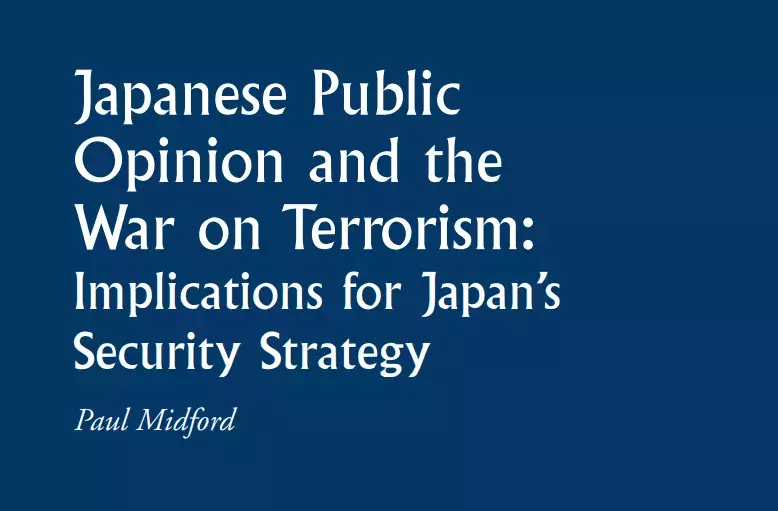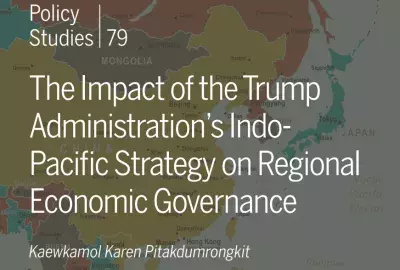Error message

Japan has actively contributed to the Bush administration's war on terrorism, going far beyond the financial support it provided during the first Gulf War in 1991 and testing the limits of postwar constitutional prohibitions on the deployment of military forces overseas. This has led some observers to suggest that Japan might be positioning itself to become a more active supporter of U.S. global strategy, a "Britain of Asia." This study challenges this view and finds that less has changed in Japan's overseas deployments than is often claimed. This study identified public opinion, an under-studied factor, as the reason for the modest expansion of Japan's overseas deployments since 9/11 and brings to bear a wealth of data to back up this conclusion. Applying modified conceptions of defensive and offensive realism to public attitudes regarding the use of force for the first time, this study finds that the Japanese "mass public" has increasingly recognized the need to prepare to meet military threats, but views military power as useful only for homeland defense. The public has been consistently skeptical about the utility of offensive military power for promoting democracy or suppressing weapons of mass destruction proliferation or terrorist networks. The invasion of Iraq, for reasons viewed with great skepticism, has caused the Japanese public, like publics in many other countries, to become increasingly distrustful of U.S. foreign policy. This, combined with a growing willingness to provide for its own defense, suggests that Japan may be less willing to support far-flung U.S. military operations in the future and concentrate more on increasing its defense autonomy.

Japan has actively contributed to the Bush administration's war on terrorism, going far beyond the financial support it provided during the first Gulf War in 1991 and testing the limits of postwar constitutional prohibitions on the deployment of military forces overseas. This has led some observers to suggest that Japan might be positioning itself to become a more active supporter of U.S. global strategy, a "Britain of Asia." This study challenges this view and finds that less has changed in Japan's overseas deployments than is often claimed. This study identified public opinion, an under-studied factor, as the reason for the modest expansion of Japan's overseas deployments since 9/11 and brings to bear a wealth of data to back up this conclusion. Applying modified conceptions of defensive and offensive realism to public attitudes regarding the use of force for the first time, this study finds that the Japanese "mass public" has increasingly recognized the need to prepare to meet military threats, but views military power as useful only for homeland defense. The public has been consistently skeptical about the utility of offensive military power for promoting democracy or suppressing weapons of mass destruction proliferation or terrorist networks. The invasion of Iraq, for reasons viewed with great skepticism, has caused the Japanese public, like publics in many other countries, to become increasingly distrustful of U.S. foreign policy. This, combined with a growing willingness to provide for its own defense, suggests that Japan may be less willing to support far-flung U.S. military operations in the future and concentrate more on increasing its defense autonomy.








